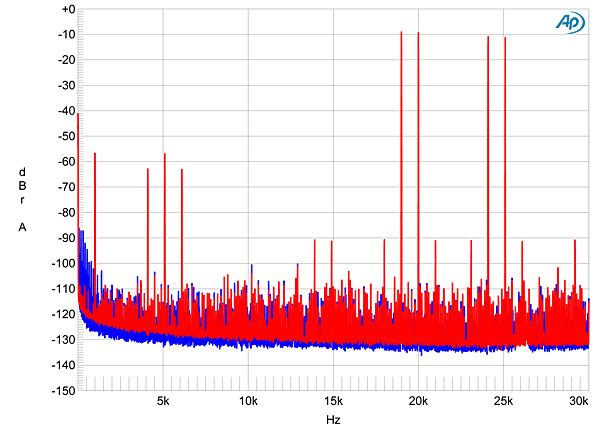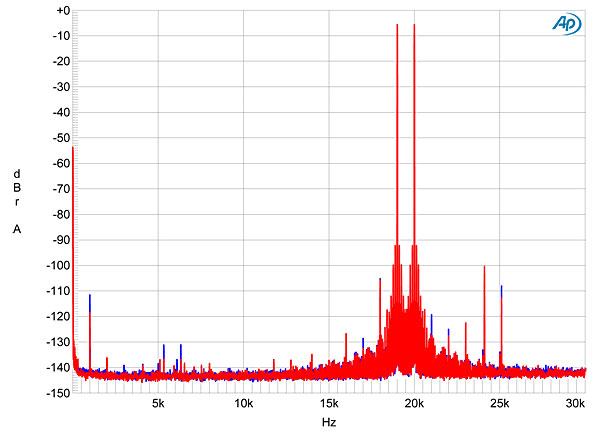Incidentally, I am not talking about "new" cables being compared with "old" cables, or "new" bits of equipment being compared with "old" bits of equipment. Sometimes I reluctantly have to accept that something genuinely new is not better than what I had previously.
I understand and didn't make any such assumption. Whether old or new is not the question. The question is whether you changed your mode of listening the moment you decided to try out a new cable. Answer is you did. You try a new cable and I mean different in this context and immediately your brain operates differently. That difference results in capturing different data.
I agree fully that doing tests blind is the best way to test whether or not one is imagining something, but if one has a vinyl pressing (and a very good turntable sound) as one's reference, then it is highly unlikely that one is imagining the differences.
I have not heard of this argument before.

I have Reel to Reel tape and I don't hear the differences you mention. What does that mean?

To hear the differences we are talking about, you would need to be trained specifically for them. You would need a system that would inject various amounts of it from very obvious to very hard. Listening to LPs doesn't help in that regard. Indeed one of the most famous audiophiles and one has more LPs than you can remotely count, subjected himself to a cable test. Sadly he lost that and in a spectacular way.
Here he was testing the "cheap" Monster cable against Transparent Opus cable. This is all at his house with his music, etc. So LP experience did not help him at all. He could only identify his own cable 3 out of 7 times!!! I think the Opus costs $20,000 or something? He was so sure prior to the test that he could hear it against the Monster cable.
In any event, even if there is a placebo effect, who cares if one enjoys the music (more because of making a change in the configuration), which is what it is all about? But I do think that you are failing to acknowledge that you are saying that the differences are imaginary. One cannot "hear" something that is not there without imagining it. And how do you know that there are differences between the "sound" of e.g. cables which you are incapable of measuring?
I am saying that it is NOT placebo difference a lot of times. Yes, it becomes one after the fact as in the case of Mike above. Once you believe your current cable is better than old, then sure, you will continue to hear the difference. But it starts off different in that your hearing perception is variable. What we hear is always, always combination of sound, visuals and other information. The ratio of those things vary from time to time.
If you want to call that imagination then sure, it can be that but one has to accept that it is always imagination! Isn't imagination that let's use visualize an instrument in the track that we have never seen? You know that they are playing the violin now?
As to living with the imagined improvement anyway, sure. You can. The problem with it is that the effect disappears since it had no valid source in the soundwaves. This is why people once hooked on this phenomena, will be on a never ending "upgrade cycle." After all, every time you make another comparison, you will hear improvements yet again and you have to buy that and sell the old. Then the next cycle and next cycle. Soon you will be trying everything in the world, no matter how impossible for it to change sound. Yet you hear it as well as you "heard" the cable difference. You will be investing in huge amount of money in these things when as you say, they could have zero effect. All of for a fleeting days or weeks where you think they do something they do not.
Please know that I am not just describing you. I am describing all of us. I have had the same experiences you have. All of us can hear and do hear what is not there. What changes some of us is performing controlled tests and realizing the outcome was so different and what audio science and engineering predicted. So we take our anecdotal experiences casually if anything at all. That is the learning which awaits you.



